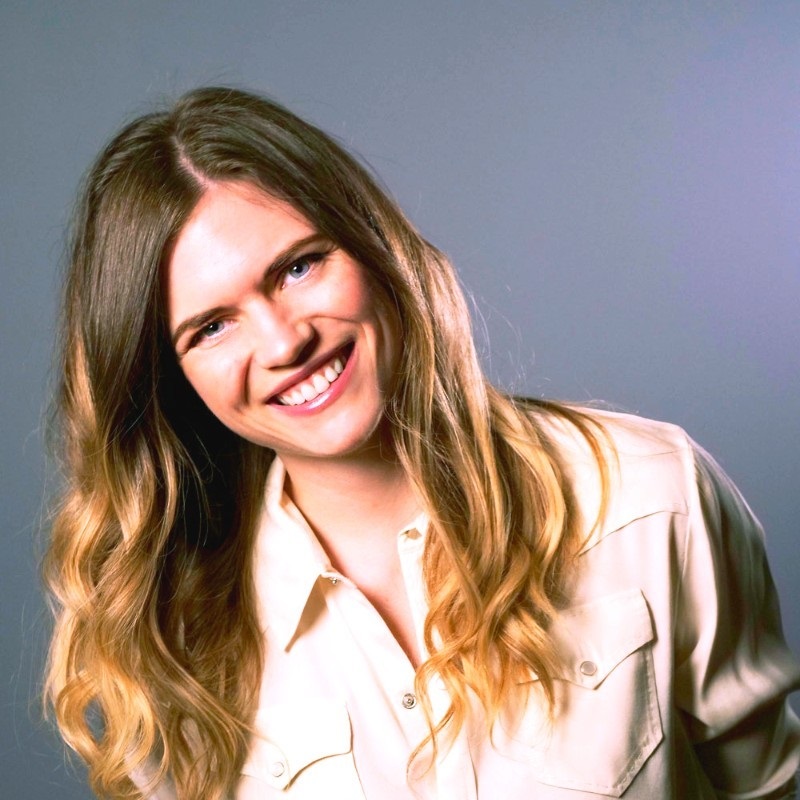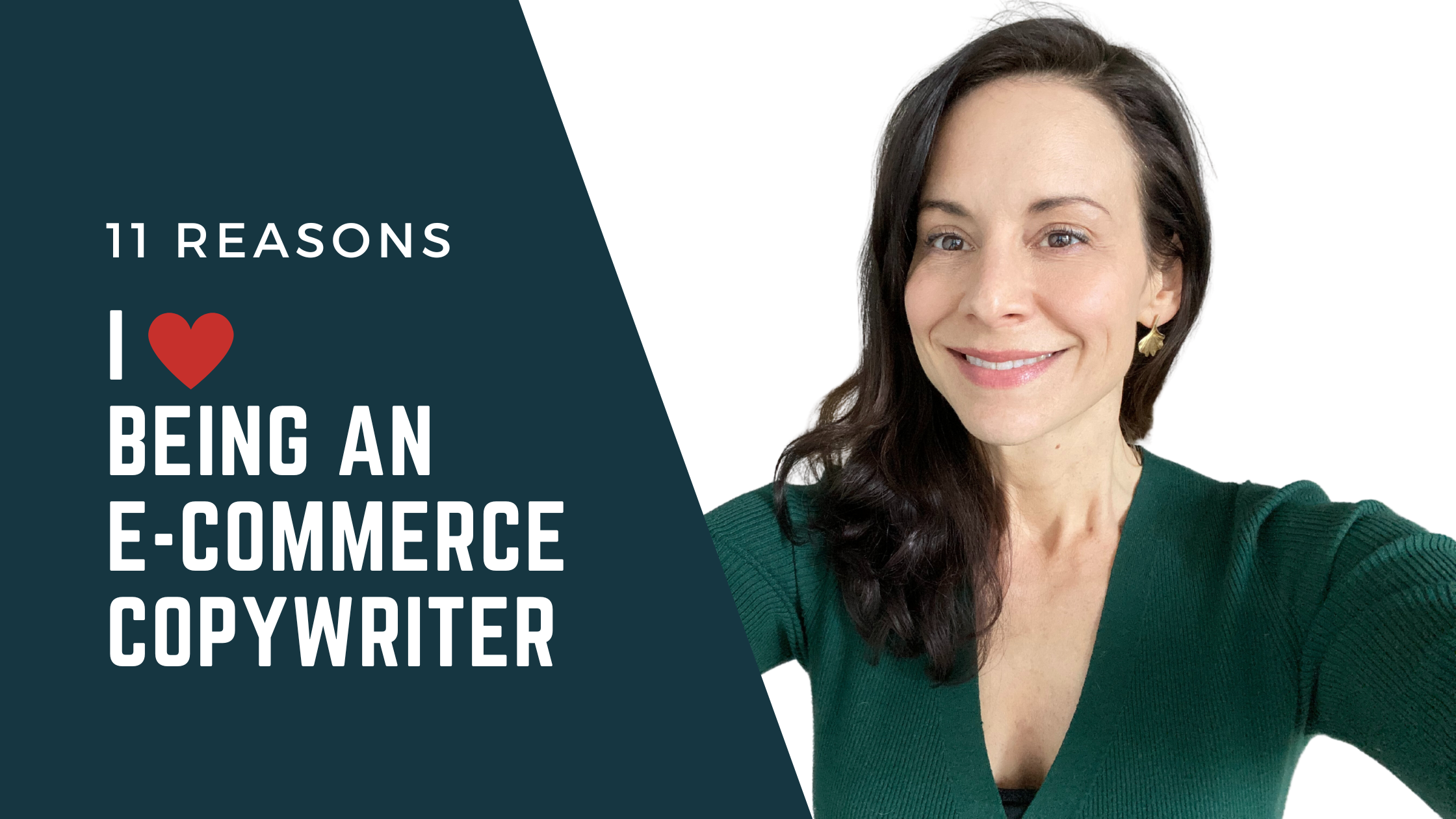
As an e-commerce copywriter, I primarily write websites, marketing emails, and paid traffic campaigns for B2C brands. My direct-to-consumer copy generates online conversions (sign-ups and sales) and also builds brand love.
It took me ~5 years to specialize in e-commerce copywriting. I agonized over the decision.
Partly, I hesitated to go all-in on e-commerce copywriting because it felt too simple. Too superficial. Too easy.
I was so wrong!
Once you specialize in e-commerce copywriting, you’ll realize how layered and psychologically complex it really is…
Here are 11 reasons I love e-commerce copywriting:
1. E-commerce copywriting psychology is fascinating

WHY we buy consumer products and services is endlessly intriguing.
Vanity, comfort, pleasure, pain, joy, excitement, loneliness, love, loyalty, nostalgia, whimsy, ego, fear… As a B2C copywriter, I can tap into a wide range of motivations to buy. That makes writing B2C copywriting more psychologically rich and rewarding.
While B2B sales copy is mostly focused on profits and how people feel at work, e-commerce copy covers a wider swathe of the human experience.
When you’re a B2C e-commerce copywriter, you can explore relationships, ethics, religion, sex, wellness, self-representation, trends, culture, and aesthetics…
No wonder every time I get on a consultation call with an e-commerce brand, my brain is on fire with possibilities.
E-commerce copywriting is more joyful and positive, too. For visitors, it’s retail therapy. Escapism. A treat.
While we can still use the Problem-Agitate-Solution framework, e-commerce copy that converts is more positive. It’s focused on anticipation. That makes e-commerce copy a happier space.
2. E-commerce copywriting can be more raw and edgy
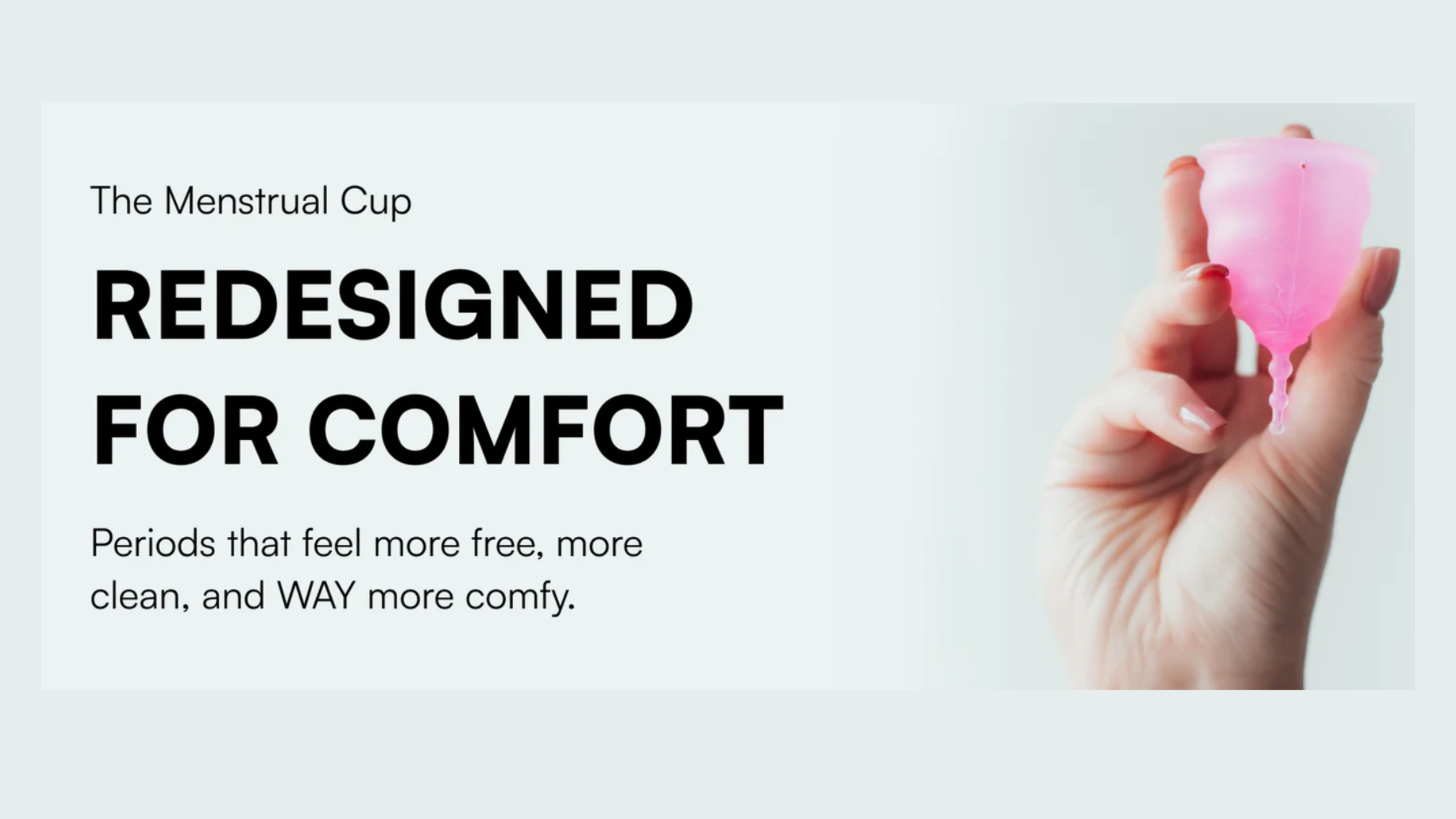
We get really REAL in e-commerce copywriting.
This year, I was simultaneously working with a Brazilian waxing brand, a Nordic menstrual cup brand, and quoting for a men’s personal pump brand.
How do we talk about “hair down there” in Australia? How do Gen Z Americans think and talk about their cycles? How explicit should we get about the “bounce factor” of a mattress?
What’s too obscure? What’s too graphic?
B2C bounces up against the really real bits of being human. And because I’m interested in the full spectrum of human experience, I love it.
E-commerce copywriting can be even edgier than copywriting for retail brands. That’s because DTC can be more niche and take risks on brand voice and tone.
3. We speak human in e-commerce copy

If you are so done with words like “synergy,” welcome to e-commerce.
The other day, I could not remember the word “jargon.” That’s how infrequently I’m irked by words that mean nothing.
Very few consumers have the patience for jargon. They need you to entertain or get to their point (WIIFM) asap. Even if you’re selling something slightly complex, like a piece of tech or a supplement.
Sure, e-commerce brands fall prey to fluff and filler words. But I find my clients already know that they need to get simpler and more direct. Sometimes they just need an expert e-commerce copywriter.
4. E-commerce copy is more personalized
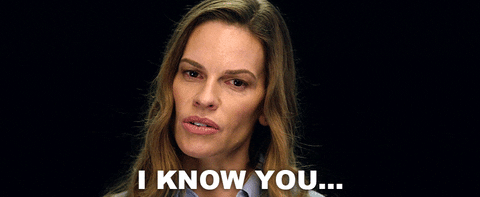
A rule of high-converting copy is that you must write to one reader. Just one.
In e-commerce copywriting, we are better equipped to understand and target that one reader. We can rapidly profile customers who shop online. We can easily understand who they are, what they care about, and what else they buy using tools like SparkToro. And we can go even deeper into their psychology using voice-of-customer copywriting research.
Most e-commerce buying decisions are made by just one buyer. One decision-maker. Not a committee. So you can hone in on what’s most persuasive to that one buyer.
That’s very satisfying as an e-commerce copywriter.
6. Less is more in e-commerce copywriting

Less clutter. Less complexity. Fewer decisions.
Personally, I prefer my complexity in recreational reading. Everywhere else, I want to simplify. And that’s true in my work as an e-commerce copywriter, too.
I always encourage clients to cut the “cognitive load” (aka the mental effort required to make a decision).
Simplicity is especially important in-commerce copywriting. We can’t afford to confuse for even an instant because an instant is all it takes to click away. (“The confused mind does not decide.”)
That’s why data shows that simpler language and fewer words = more conversions in e-commerce copywriting.
I love figuring out how to simplify e-commerce copywriting.
I also love that my e-commerce clients almost universally believe in the principles of simplicity, too.
Simplicity is beautiful. Let your customers save their brain power for Wordle. Or Nabokov. Or Turducken.
7. E-commerce copywriting is more challenging
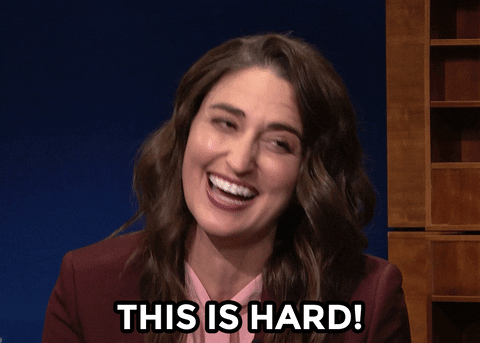
Remember how I said that e-commerce copywriting seemed too basic? Well, in fact, it’s more challenging.
That’s because e-commerce customers tend to have many brands to choose from. An almost infinite internet universe.
And it’s easier to abandon the sale. There are almost no “sunk costs” involved in clicking away because e-commerce shoppers don’t even have to drive to the mall. They’re unlikely to think, “Well, since I’m here anyway, I might as well buy.”
E-commerce customers also won’t buy to save face with a salesperson. They just ghost.
There’s no live demo/sales call (such as is common in B2B) to compensate for weak copy.
E-commerce copy has to work harder to win the sale on the spot or via email. That challenge keeps it interesting.
8. E-commerce copywriters get to experiment and test
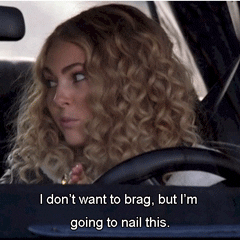
Conversion rate optimization experiments are hard to run. Most companies aren’t A/B testing. You need a lot of traffic to get to statistical significance, and experiment design isn’t easy.
However, in e-commerce, we have a better shot at testing. That’s because traffic volume is typically higher, and you need lots of traffic to run proper tests.
We can test variations on your homepage, your product pages, ads and emails. We can test different landing pages and lead magnets.
Now, sometimes you can’t measure the conversions from e-commerce copy accurately because visitors to the site go on to purchase elsewhere. How is that possible?
Well, most e-commerce companies (especially as they grow) diversify their sales channels. They may sell on their own website but also on Amazon, other e-commerce sites, and potentially even in traditional brick-and-mortar stores.
We can’t always trace those sales back to the impact of our e-commerce copy. At least, not yet. However, when we see overall lifts in sales across channels, chances are that the e-commerce copy played a role.
9. E-commerce copywriters get to know UX
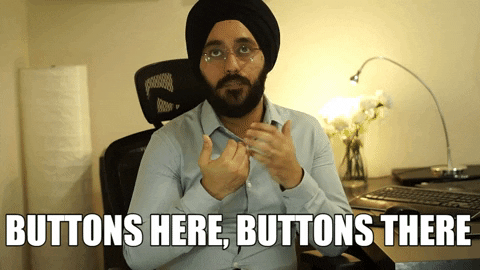
User experience (UX) and conversion copywriting are closely related in e-commerce and everywhere.
From working closely with a leading UX agency and incredible UX designers, I know that we approach the challenge of e-commerce conversions in a similar way. We both prioritize research. We’re both heavy on psychology and behaviour.
Importantly, both UX designers and e-commerce copywriters first figure out the “who” questions. That is, “Who’s using this page? Who’s reading this copy?”
When you know the WHO, you can figure out WHAT they need to see and HOW they need to see it.
I love that in e-commerce copywriting, I can bring those UX principles into the conversation. For example, I can look at a shop page and tell you whether your visitors will be overwhelmed. I can help you design the page so the most important information is unmissable.
Isn’t this important in every industry? Yes. Yet, it’s even more important in e-commerce. Small UX improvements can yield significant conversion lifts because the path to purchase is so short. A lot is resting on UX.
Thinking about how UX and e-commerce copy work together makes being an e-commerce copywriter ultra interesting.
10. E-commerce copywriters (can) do fun things with SEO
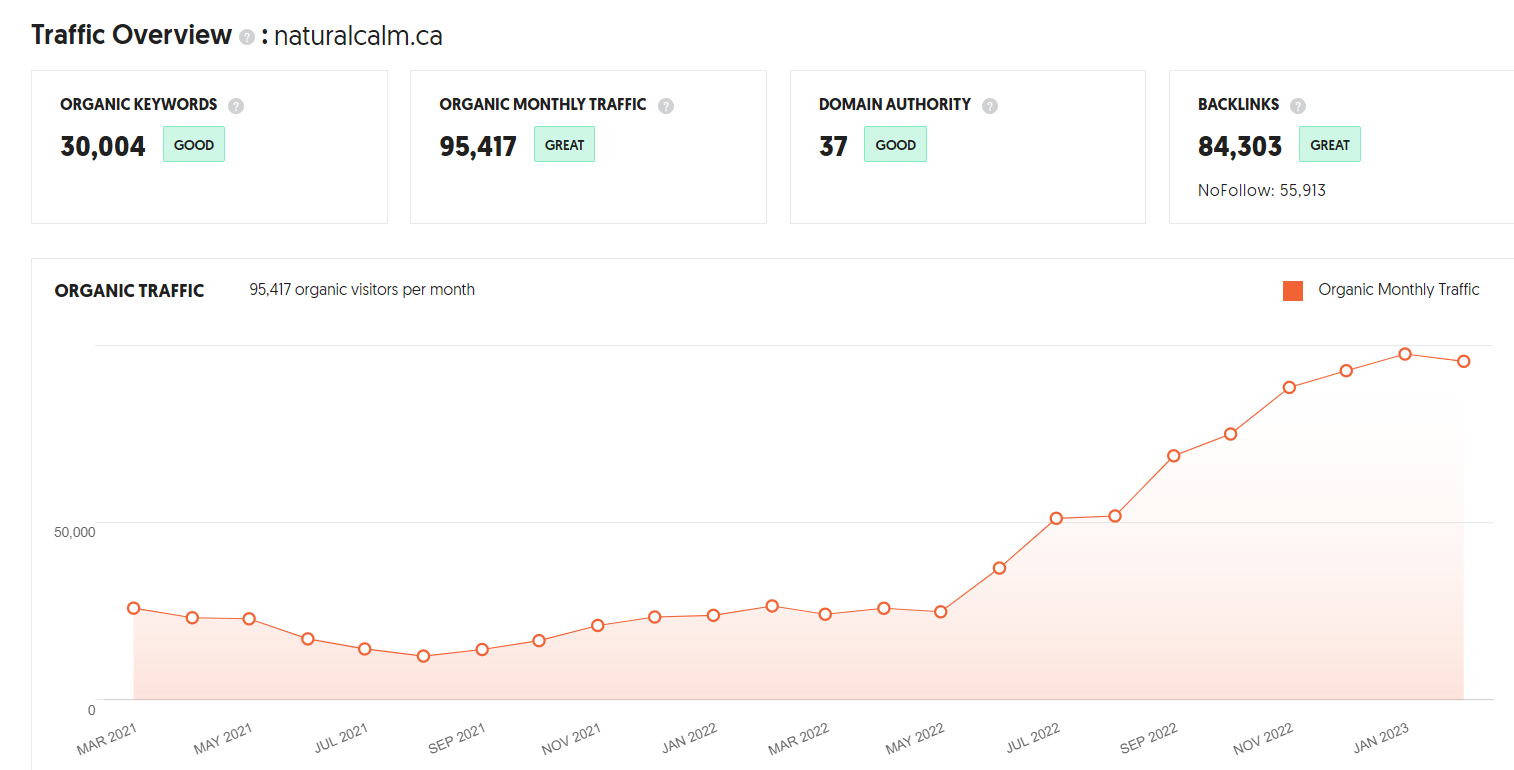
In some industries, copywriters will find that SEO is less critical. Likewise, some marketers will find that they don’t need a copywriter who can also optimize for SEO.
For example, coaches or course creators rely mostly on social media and partnerships. Similarly, most of the B2B clients we’ve worked with don’t invest heavily in SEO, partly because they have a sales force. Also, B2B search volumes tend to be very low, yet keywords are highly competitive.
Yet, in e-commerce copy, SEO is vital. Searchers with high purchase intent absolutely go to Google to find e-commerce stores. And efforts to optimize an e-commerce store can pay off. In B2C, search volumes can be very high.
I learned how to optimize for SEO years ago as a content marker, and I quickly saw the power of free traffic. It became a game to see how fast I could rank and how many clicks I could get.
That skill pays off for me as an e-commerce copywriter.
One of my clients (see above) gets about 100k in organic traffic per month, entirely from content that I either wrote or assigned to one of our content writers. This client’s e-commerce site ranks for core pages, product pages, and blog posts.
I love seeing those stats.
It also just makes sense for me, as an e-commerce copywriter, to offer that added service to clients. Your products should get found on search, because that’s where people look when they’re serious about making a purchase.
I can’t tell you how many times I’ve desperately wanted to find a specialized DTC brand to fill a need, but on search, I could only find the mass e-tailers. So, I make it part of my mission to help clients get their incredible products found on search. That’s satisfying.
11. E-Commerce copywriting needs to be MORE engaging

As an e-commerce copywriter, I need to replace the touch, feel, taste, and smell of the in-person experience.
That lights my brain on fire. I get to ask myself questions like…
“What does wearing an Arzu silk headscarf on a warm Kuala Lumpur night feel like?”
“What does the sizzle on a HexClad pan sound like, and what color is the sear?”
“What does the pine smell like in a Confederation log home?”
Sometimes, I need to experience a product for myself to sell it in copy… which is another reason I love being an e-commerce copywriter.
For example, when I was working for a major mattress e-commerce brand, I struggled to understand the sensation of sleeping on natural latex. It was too theoretical. But when I experienced for myself that springy, spongy, weightless sensation… Then, I could write copy with real conviction.
It’s really fun trying new products.
Best client product testing experience? HexClad was incredible, but I have loved having a custom plant wall from PlantMahMah, like the ones in the pic above. (New e-commerce website coming soon!)
Most unique product testing scenario? This hasn’t happened yet, but we have been on the brink of being hired by a few kink and sexual wellness brands. In our proposal to the aforementioned men’s personal pump brand, we did ask to try the product!!!
Looking for an e-commerce copywriter?
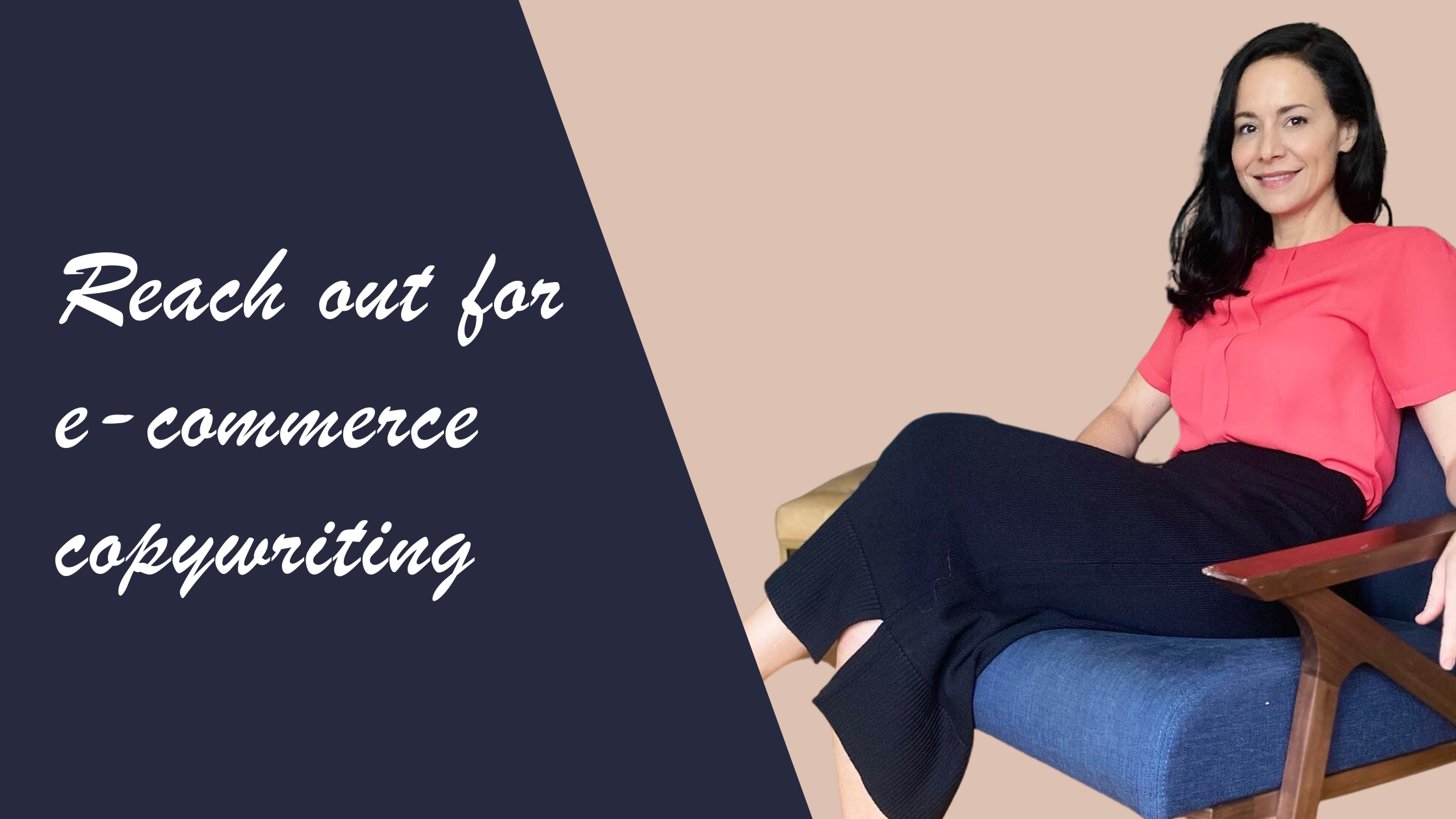
Conversion Copy Co specializes in e-commerce conversion copywriting.
If you need copywriting consulting and coaching, I take very few select new clients. I work with marketers and in-house copywriters to teach them to write copy using conversion copywriter techniques.
Need e-commerce done for you? My team takes on new e-commerce copywriting projects, including complete website copywriting, product pages, e-commerce emails, and paid traffic campaigns.
When you book a call, you’ll speak with Yongi Barnard, head of new client intake and copywriting projects. She’ll let you know what we can do for your e-commerce brand.


